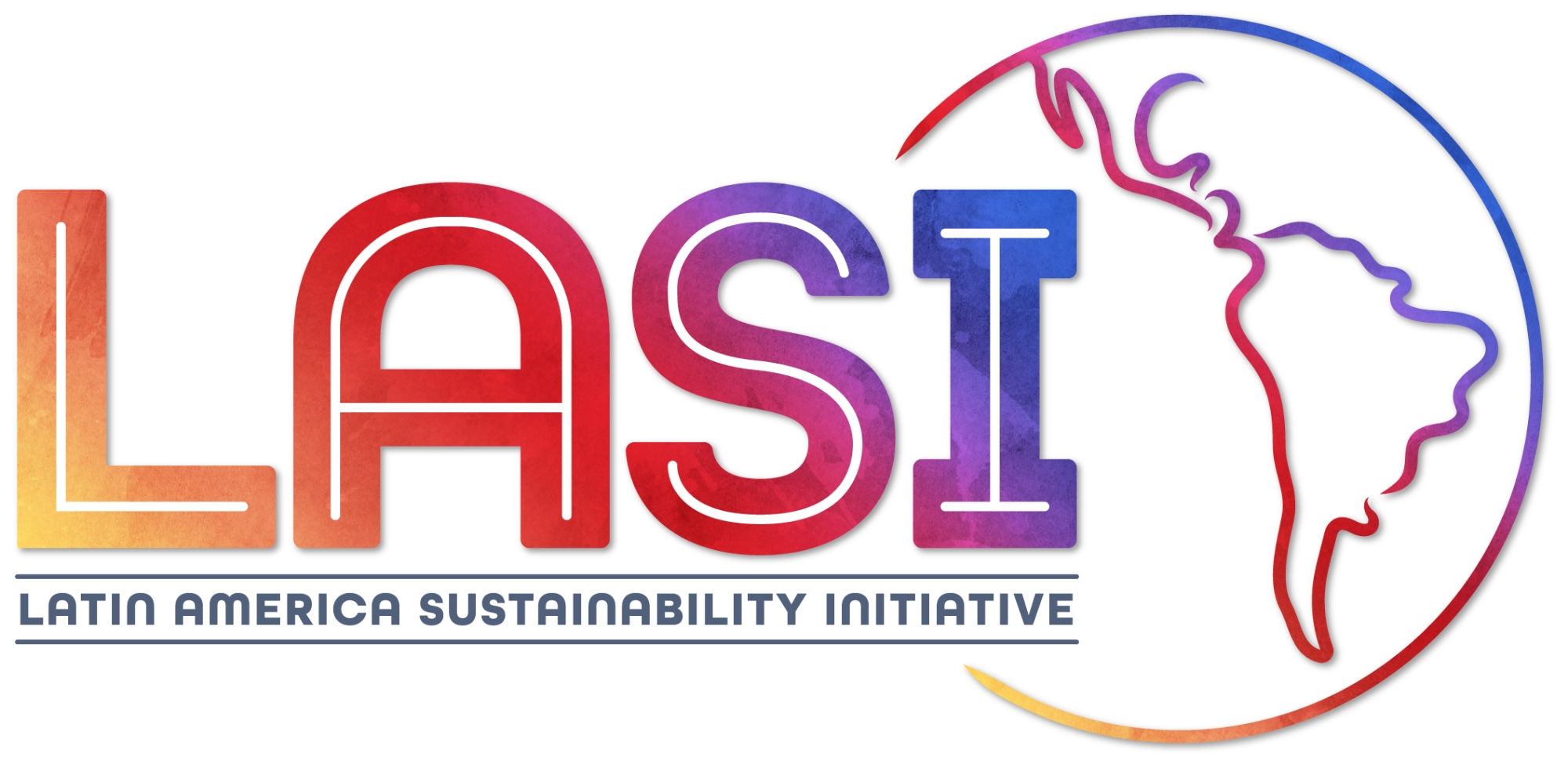The Global Change and Human Health (GCHH) Institute is a bilateral program designed to facilitate collaboration between the University of Oklahoma and the Universidad Nacional de San Agustin (UNSA). This bold new partnership, co-directed by UNSA’s Dr. Evelyn Castro and OU’s Dr. Tim Filley, aims to create a vibrant research, education, and innovation ecosystem where teams of faculty, students, and stakeholders from the public and private sectors work together to address vexing social, economic, environmental, and technical challenges.
Established in 2021 with a grant from UNSA, the GCHH Institute is located on the UNSA campus in Arequipa, Peru, and administered jointly by the Office of the Vice Rector for Research at UNSA and OU’s Institute for Resilient Environmental and Energy Systems (IREES) through its Latin American Sustainability Initiative (LASI). This novel arrangement facilitates co-development of the research, administrative, and technical infrastructure needed to support multi-year collaborations and further strengthen cross-cultural ties that are essential for advancing the Institute’s mission.
The GCHH Institute currently focuses efforts in three key areas, each supported with center-level infrastructure: building resilience to climate change, advancing One Health, and designing adaptive social systems. These three centers and a network of four interrelated and interdisciplinary inaugural projects were launched with bold ambition— to enhance UNSA’s research and educational capacity, improve regional decision-making, increase protection and sustainable use of Arequipa’s natural resources, improve environmental quality and human health of Arequipa and its communities, and strengthen local and regional economy in sectors important to health, food, energy, water, and sustainable development.
Center for Climate Change (CCC)
The signature project of the CCC is co-led by OUs’ Dr. Ming Xue and UNSA’s Dr. Hector Nova. Global climate projections, lacking local-level data and knowledge, are too coarse and imprecise to inform effective prevention and response efforts needed to address the increasingly extreme climate change impacts in Arequipa. This project will use state-of-the-art dynamical downscaling to improve climate prediction and help local and regional decision-makers develop mitigation and adaptation strategies.
Center for Human Health (CHH)
The CHH sponsored two projects. One effort co-led by OUs’ Dr. Javier Jo and UNSA’s Dr. Eveling Castro, promotes the convergence of research expertise for the discovery, innovation, and utilization of new knowledge and state-of-the-art technology for tackling high-incidence diseases in the region of Arequipa. A second project co-led by UNSA’s Dr. Jorge Ballón and OU’s Dr. Roger Harrison will focus on gaining a deep understanding of fundamental physical and biological processes that inform innovation, manufacture, and use of novel biotechnology, such as the manufacturing of nano-biomaterials for precision photothermal treatment of cancer cells and models for assessing and staging severity of COVID 19 Pneumonia.
Center for Adaptive and Resilient Social Systems (CARSS)
The inaugural CARSS project is co-led by OUs’ Dr. Hank Jenkins-Smith and UNSA’s Dr. Jesus Silva Fernandez. Their dynamic multidisciplinary research team will co-design and develop accurate, adaptive, and predictive surveillance on key aspects of human health and climate change for resilient social systems. Working with local and regional stakeholders, the team is establishing baselines with historical and current data to generate adaptive modeling that delivers science-based information to decision and policymakers at local and regional levels.





